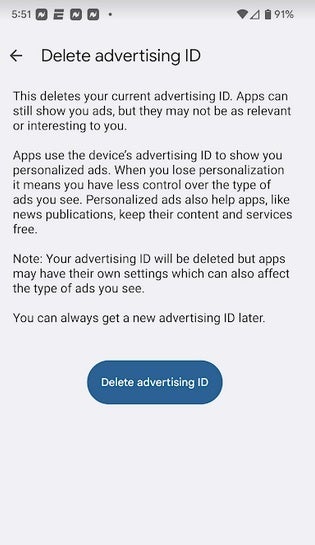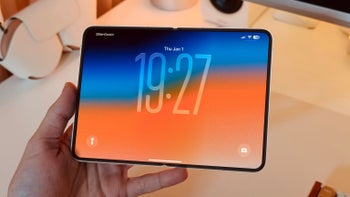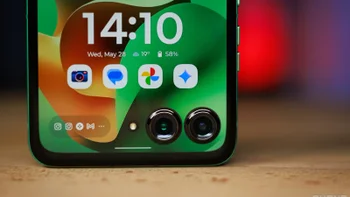Instead of waiting two years for Google, you can limit ad tracking on Android now. Here's how!

If you're an Android user, you might have felt a twinge of jealousy when Apple released its App Tracking Transparency (ATT) feature in iOS 14.5. ATT allows iPhone users to immediately opt out of being tracked by third-party apps and websites for the purposes of receiving personalized online ads. The vast majority of iPhone users continue to opt-out of tracking and Meta (formerly Facebook) says that this will cost the company $10 billion in advertising revenue this year.
A few days ago, Google announced its own plan to reduce tracking on Android with its Privacy Sandbox. But this, Google warns, is going to take two or more years before it is ready. The company will need to sit down with publishers, developers, advertisers, competitors, and others to create standards that can be considered fair while also allowing Google to continue running its advertising business.
Unlike Apple, Google is taking a slower route to limit tracking on Android
Google says that the slower approach it is taking compared with Apple's ATT is necessary. Anthony Chavez, vice president, product management for Android security and privacy, says, "Simply removing the existing technologies that the ecosystem uses today without having an effective and privacy-enhancing and alternative path for the ecosystem support, can be ineffective and can have potential to lead to worse outcomes for user privacy." Researching and building such a platform is going to take time.

You can remove the advertising ID identifier from your Android 12 device
We need to keep in mind one very important thing that many out there might not understand. Stopping or reducing tracking is not the same as not receiving any ads at all. It just means that ads received by smartphone users won't be personalized and based on the user's app and website history. Companies like Meta developed workarounds, but showing less relevant ads means fewer clicks from uninterested users which in turn means lower revenue for firms like Meta.
Instead of waiting for two years, the Journal's Joanna Stern has revealed some things that you can do right now to limit tracking on Android (more on that later). Google says that its Privacy Sandbox will eliminate Google's use of advertising ID. This is a unique ID that mobile devices receive and is used by advertisers to deliver personalized ads.
The data collected by your advertising ID includes your search history, purchase history, recent locations, and other data that can be used to determine things that you are interested in. Google said that identifiers like advertising ID won't be used with the Privacy Sandbox, but it also says that it is too early to discuss what will replace it.
Android 12 users can delete advertising ID right now
As Ms. Stern notes, Android will end up determine what you are interested in by examining the apps that you use. For example, let's say you love baseball and have installed several baseball-related apps on your Android phone. Apps and advertisers could then decide whether they want to serve baseball ads on devices where baseball is considered an interest. These interests would be stored only on the device and users would be able to go through them and make changes.
But here's the thing. You don't have to wait two years to have advertising ID go away. You can do it right now. If you have a phone running on Android 12, go to Settings > Privacy > Ads> Delete advertising ID. If you don't have a handset running Android 12, sit tight. In April Google will be rolling out this feature for phones running Android 5 or newer.
In the meantime, those not running Android 12 can find a toggle that says "Opt out of Ads Personalization." This won't zero out the numbers and letters used for advertising ID but will tell apps not to use it.
Follow us on Google News












Things that are NOT allowed:
To help keep our community safe and free from spam, we apply temporary limits to newly created accounts: